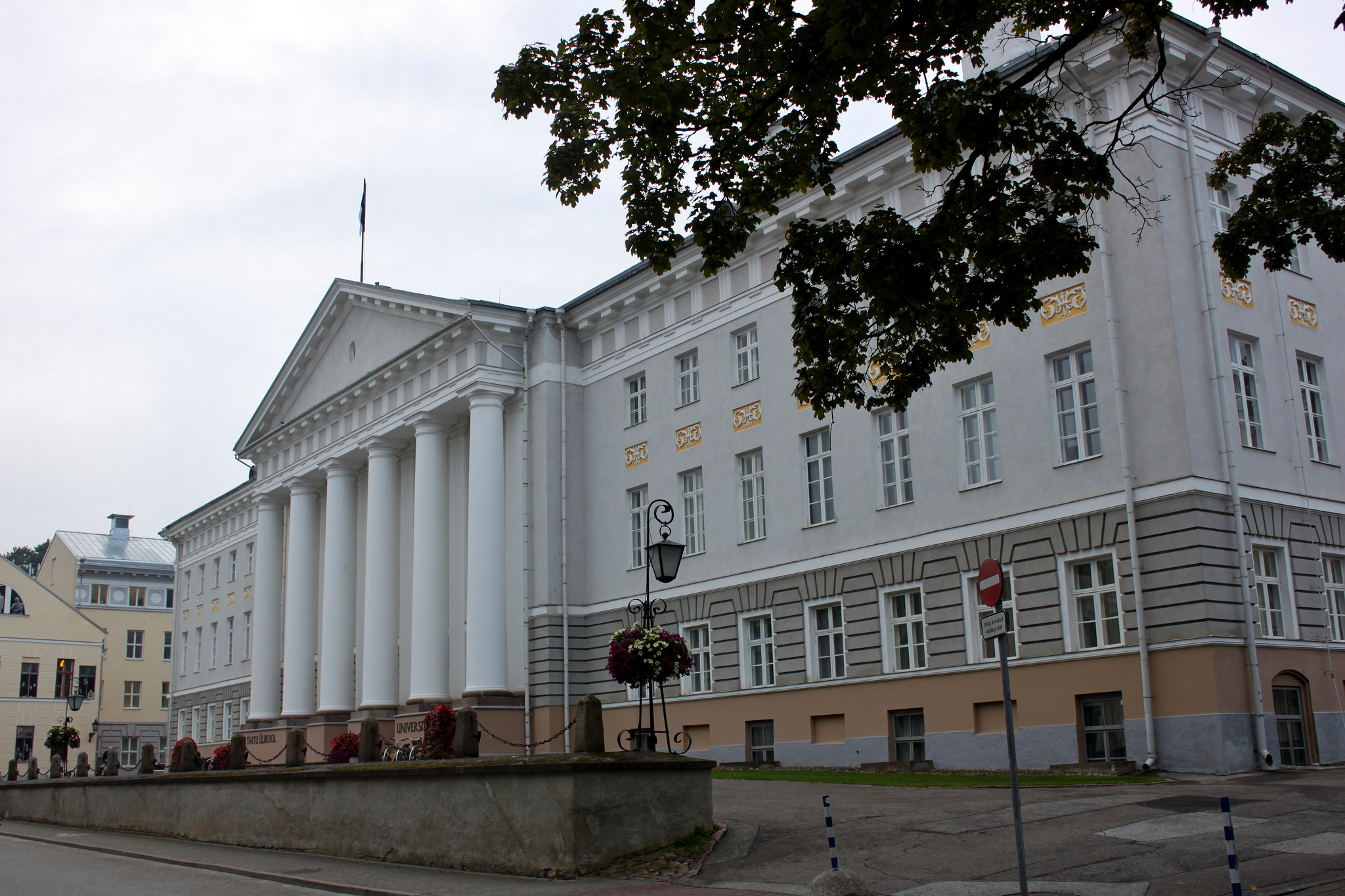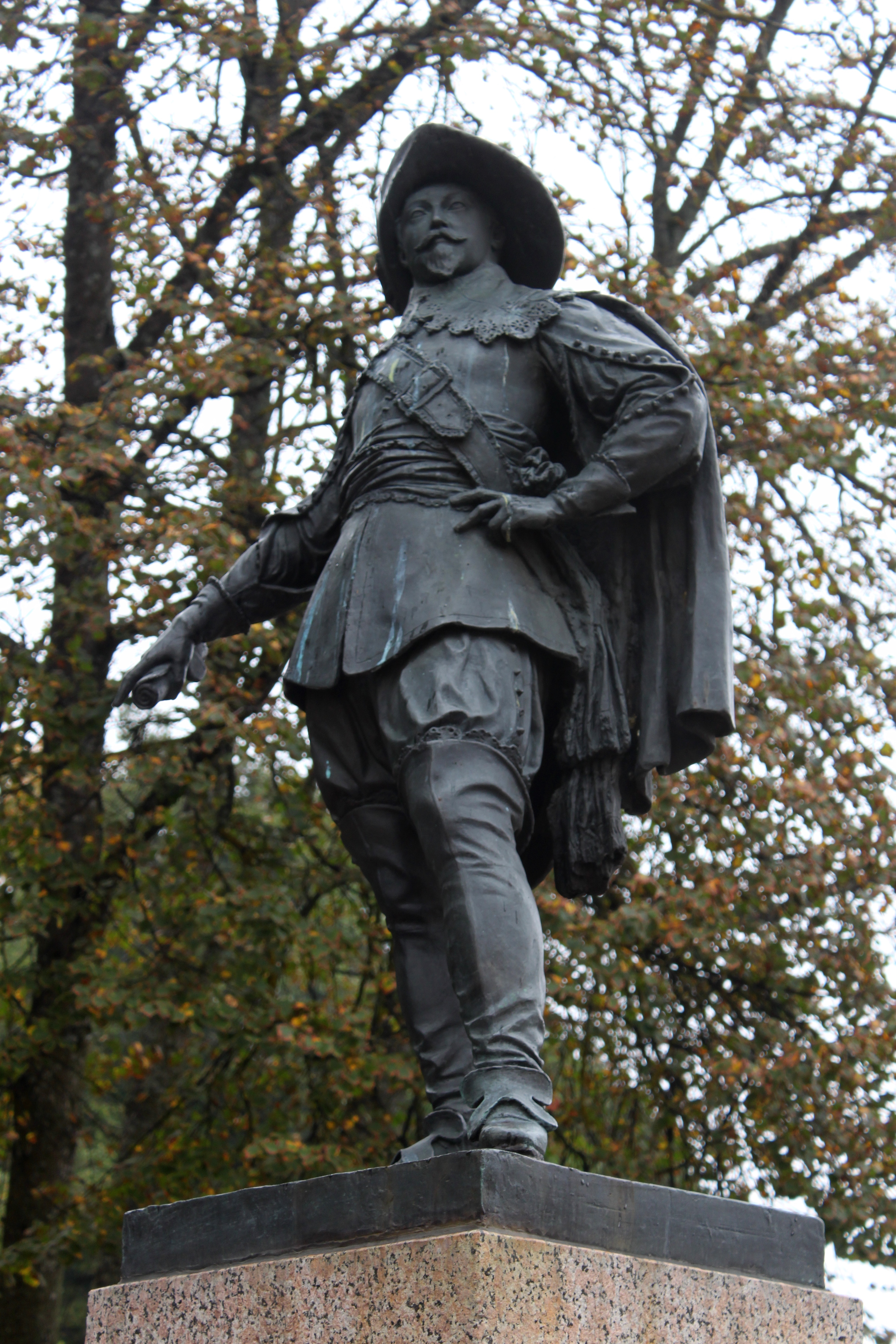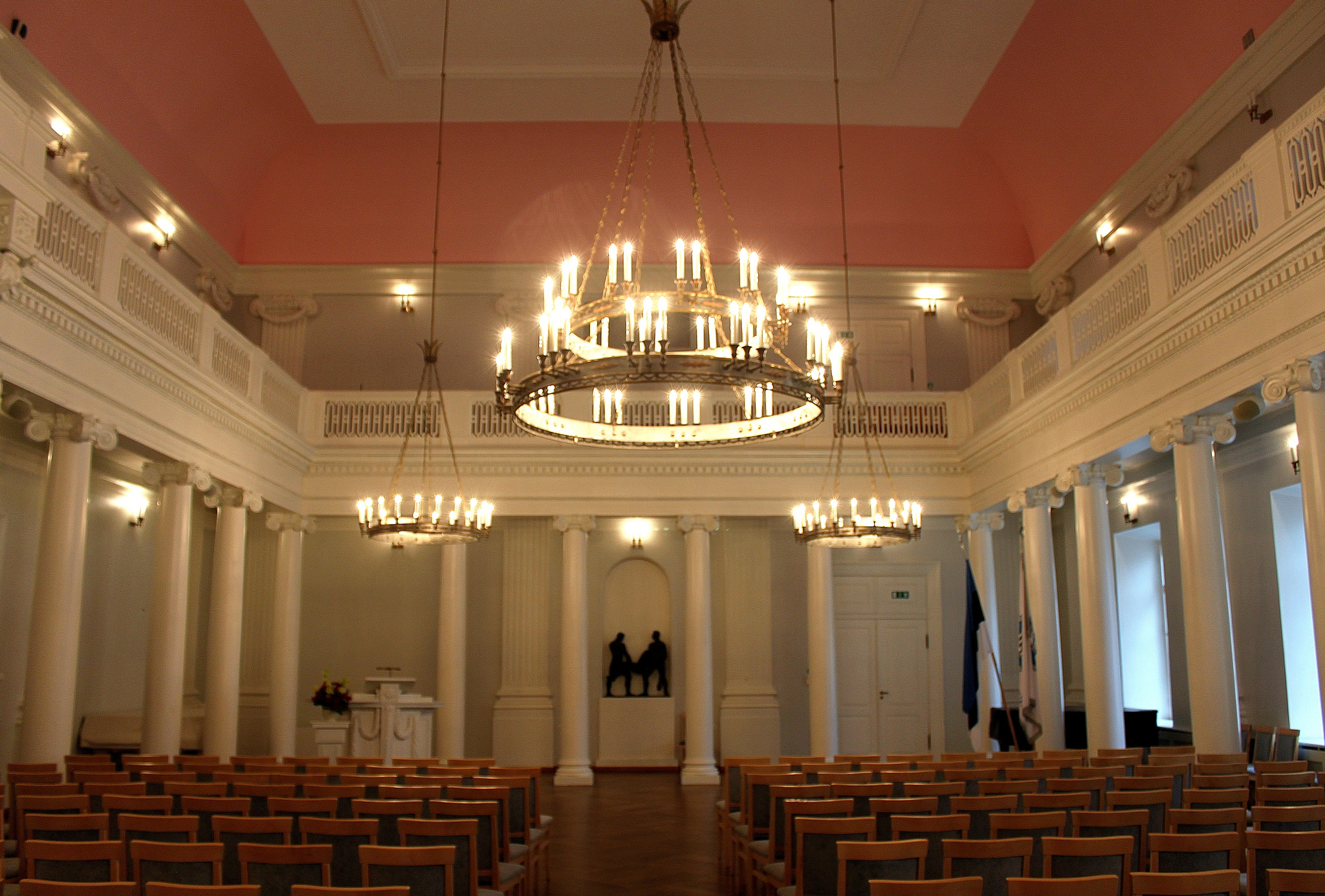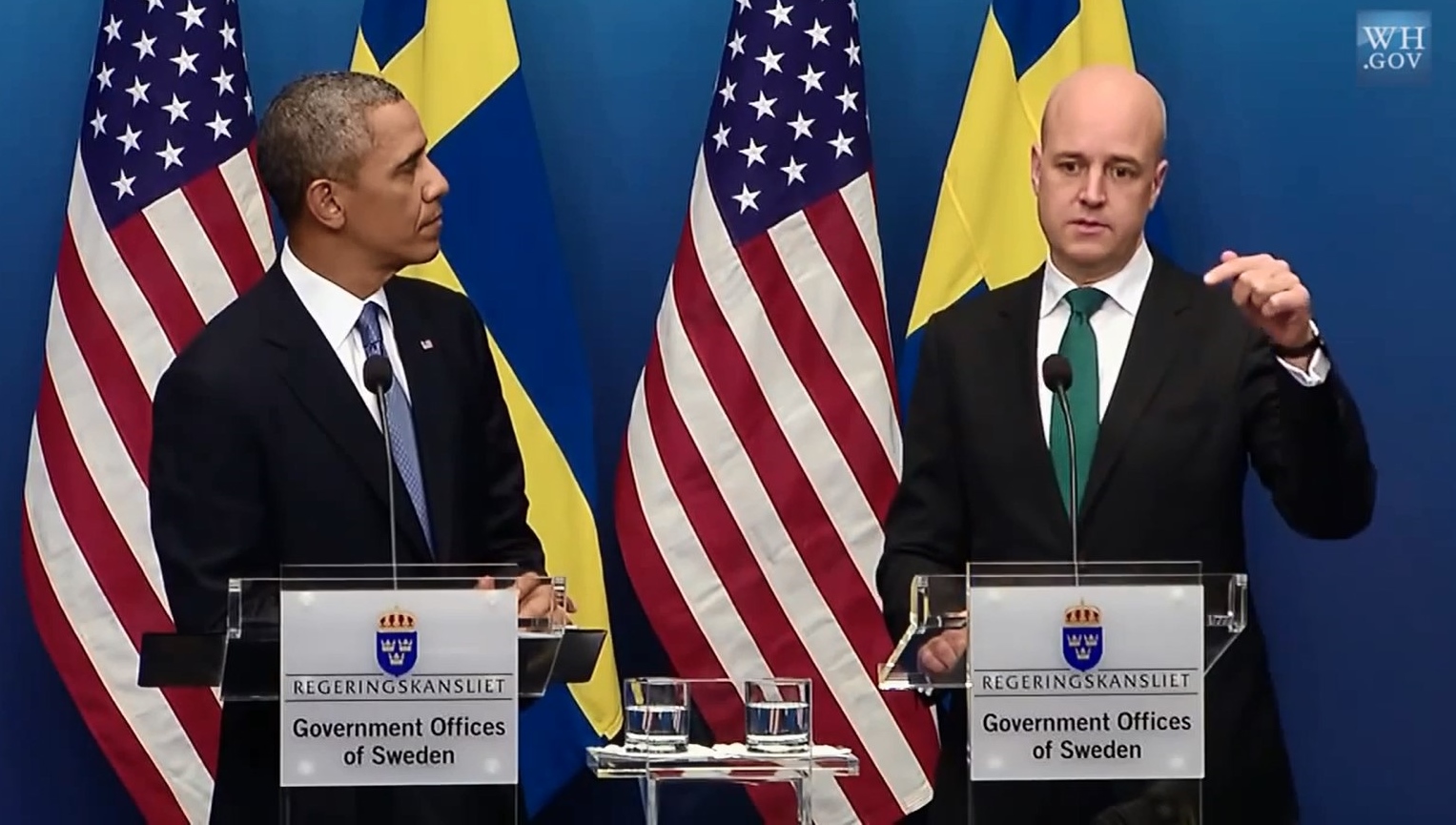Monuments are never about the past. They are about how we think about history and culture at the time the monument is erected. Monuments are part of national memory projects whose primary purpose is to shape the present and the future. As attitudes change, monuments themselves can become focal points of political debate. We often instrumentalize monuments to help construct a version of history that is compatible with national identity, as I argued in my piece about the Pizarro monument in Lima, Peru. A recent visit to the campus of Tartu University confirmed this vividly.
I participated in a conference that took place in Tallinn and Tartu, the two largest cities in Estonia. Putin’s aggression against Ukraine was a daily topic of conversation, and the fear that Putin may turn his attention to the Baltic states was expressed frequently. During the Tartu portion of the conference, international participants were invited on a walking tour of Tartu University, led by a Tartu professor who had studied in Tartu during the Soviet period and a younger lecturer at Tallinn University who also was a Tartu alumn. We spent a lot of time at the monument of Swedish King Gustav II Adolf (a.k.a Gustavus Adolphus). It is that monument and the history behind it that gives a snapshot of the history of Estonia over the past 400 years.
The University of Tartu was founded by King Gustav II Adolf of Sweden in 1632, the same year the King died in the Battle of Lützen. Estonia was a Swedish territory then, and Tartu became only the second Swedish university–after Uppsala. Russia gained control over Estonia during the Great Northern War in 1710–and promptly closed the university. The university was reopened in 1802 as the Universität Dorpat by the German-Baltic elites as a German-speaking university; its new charter was confirmed by Tsar Alexander I of Russia in 1802. As a result of the Russification campaign in the 1880s, Russian displaced German as language of instruction. Most of the German faculty left, and the university lost its international reputation.
In 1919, after Estonian independence, the University of Tartu became an Estonian-speaking institution and the national university of a newly independent Estonia. In 1928, the above-mentioned monument to Gustav II Adolf, the founding patron, was erected to mark the pre-Russian origin of the university, to signal Estonia’s Northern European identity, and to symbolically reestablish the university’s link to European intellectual traditions. But Estonia was annexed by the Soviet Union in 1940 and occupied by Nazi Germany in 1941-44. At the end of the war, the Soviets introduced Russian as a second language of instruction. And in 1950, they dismantled the monument to Gustav II Adolf.
In the Soviet revisionist reading of history, the university was founded by Russians in 1802–even though the Russians had closed the University a century before that. The monument to the Swedish king who had founded the university contradicted this narrative, and his memory had to be erased. Sometime in the 1960s, according to our guides, students built a snowman that resembled the statue. This triggered an intervention by the KGB, the Soviet secret service, because the snowman referred to the missing monument, which in turn had revived the memory of a time before Russian rule. In the mind of the paranoid Soviet system, this was the very definition of a subversive act. In 1992, one year after Estonia regained independence, the monument was restored as a symbolic reminder that Estonia had rejoined the community of European nations.
Our tour guides then led us into the main auditorium, the Aula. While there is no formal monument here, the Aula clearly has become the locus of an important national memory. In 1964, the Aula at Tartu University was the site of the memorable speech by Urho Kekkonen, the long-time president of Finland, during an unofficial visit of Soviet Estonia. Like Estonia, Finland had been part of Tsarist Russia and was able to free itself at the end of the First World War. But unlike Estonia, Finland was able to maintain its independence during and after the Second World War. As Finnish and Estonian are both part of the Finno-Ugric language group, the two cultures grew closer in the waning years of Tsarist Russia. After 1945, Finland became a model and the window to the West for Soviet Estonia as Finnish TV could be received in the northern half of Estonia. Kekkonen’s speech was entirely in Estonian, and he focused on the kinship of the two nations which gave Estonians hope for a brighter Post-Soviet future.
Even though the Tartu professor started his studies at Tartu a decade after the speech, he described it so vividly and glowingly as if he had been there, including the fact that Kekkonen spoke better Estonian than the rector of the university. This is the nature of vicarious memories: they are transmitted with a great personal and emotional commitment from generation to generation as they hold a symbolic truth that needs to be enshrined in the national memory. Yet, the only tangible impact of Kekkonen’s speech was the establishment of a ferry link between Tallinn and Helsinki in 1965. While the Kekkonen visit was a reminder to this small country that the outside world had not completely forgotten it, some make the argument that it was akin to the recognition of the Soviet occupation.
There is little that reminds the casual visitor to Tartu of the the Soviet period. The entire country is seeking to reconnect with its European past, and the preservation of its pre-Russian cultural legacy has become a national project. The preservation of monuments is a key part of this strategy. The Tartu campus is full of such memory sites. In addition to the Aula and the monument to Gustav II Adolf, they also include monuments to German-Baltic professors at Tartu, such as the statue of Karl Ernst von Baer (1886), and the historically important fraternity house of the Estonian Student Union which was founded in 1870 and whose colors are now the colors of the Estonian flag. Since independence, new memorial sites have been created, such as the monument to the Swedish politician and legal scholar Johan Skytte (2007) who served as the founding chancellor of Tartu University in 1632.
Yet, in the minds of Estonians, the Soviet legacy is omnipresent. The anti-Russian rhetoric permeated the entire tour of the Tartu campus and indeed all conversations with local professors and students. In part, this speaks to the fear of a potential aggression by Putin’s Russia. But in part, this also an indicator of a project to create a national memory and narrative that tries to marginalize the Russian and even more so the Soviet role in Estonian history. Perhaps the sole exception to that is the Tallinn plaque in the memory of the Russian president Boris Yeltsin (2013)–he recognized Estonian independence in 1991.






